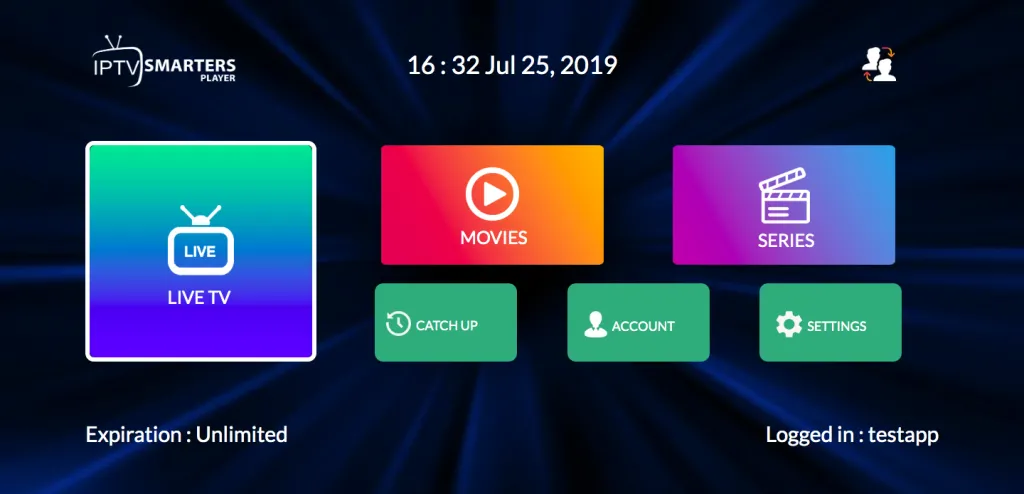
Alliance for Creativity and Entertainment, otherwise known as ACE, shut down “two of the digital piracy world’s most notorious illegal video hosts” as crackdowns around the world have begun to accelerate.
Uptobox and Uptostream sold advertising and premium subscriptions for the illegal service for a decade, according to a release from the anti-piracy organization last month. They garnered 1.5 billion visits in just the last three years from users in France, Indonesia, India and Mexico.
“This case sends a strong message to criminal operators that their illegal actions will be put to an end eventually,” Jan van Voorn, executive vice president and global content protection chief of the Motion Picture Association and head of ACE, said in a statement.
Government officials and agencies around the world are locked in a seemingly unending battle with illegal IPTV providers. You could argue that battling pirates, as pervasive as they are, is wasted energy, especially when you consider the number of providers and users as well as the staggering amount of money piracy rakes in.
But that hasn’t stopped them from happening at an increasingly frequent rate. ACE’s actions was just the the latest in dozens of crackdowns in 2023 so far. ACE represents a growing number of media companies including Disney, Netflix, Apple, NBCUniversal, Sony, and more.
At the end of July, the leaders of a content piracy group were sentenced to a combined 30 years in prison. Before they were apprehended, the group had made over £7 million – over $8.5 million – in a scheme involving 50,000 or more subscribers. The group, operating under the names Flawless, Shared VPS, and Optimal, was pirating Premier League football games, global channels, films and series. Last year, Premier League blocked over 600,000 illegal live streams.
Just days after the sentencing, illegal IPTV platform Digital TV was shut down after a raid in Argentina. The service had about 85,000 customers and boasted a library of 900 live channels, 8,000 movies, 400 TV shows as well as sports and some adult content.
September was packed with piracy crackdowns. ACE took down three platforms that averaged nearly 18 million visits monthly. A few weeks later, law enforcement from Italy, the Netherlands, France, and Bulgaria brought down Xstream-Codes.com, a company that provided software that cybercriminals would use to operate IPTV series. An investigation revealed that Xstream-Codes had about 5,000 clients servicing over 50 million customers around the world.
In the same month, Danish law enforcement arrested a man for illegally reselling lists containing login credentials for 500,000 online services, including streaming platforms and allegedly creating a website where buyers could purchase the individual login information of existing users for streaming apps. In a separate instance, two men were sentenced to prison in the United Kingdom for selling IPTV services and pirate boxes that provide illegal access to TV programs.
October has only just begun and Greek police have shut down an illegal service that ran for about eight years and generated €25 million – over $26 million – in profits.
Piracy has evolved from the early-2000s ads that equated pirating a movie to stealing a car. Streaming services have largely replaced physical discs in popularity, but they’re not the solution to piracy that they were initially thought to be.
Due to the sheer number of services available today, it’s no longer economically feasible for many viewers to watch everything they want to. In addition, many services have raised their prices amid climbing inflation rates. The combination of factors has resulted in consumers seeking out illegal options.
Illegal IPTV services are here to stay for the foreseeable future. While it’s crucial that agencies continue to fight back against cybercriminals, it’s a bit like beheading a Hydra – for every scheme squashed, more will crop up in its place.


Can you be more specific about the content of your article? After reading it, I still have some doubts. Hope you can help me.